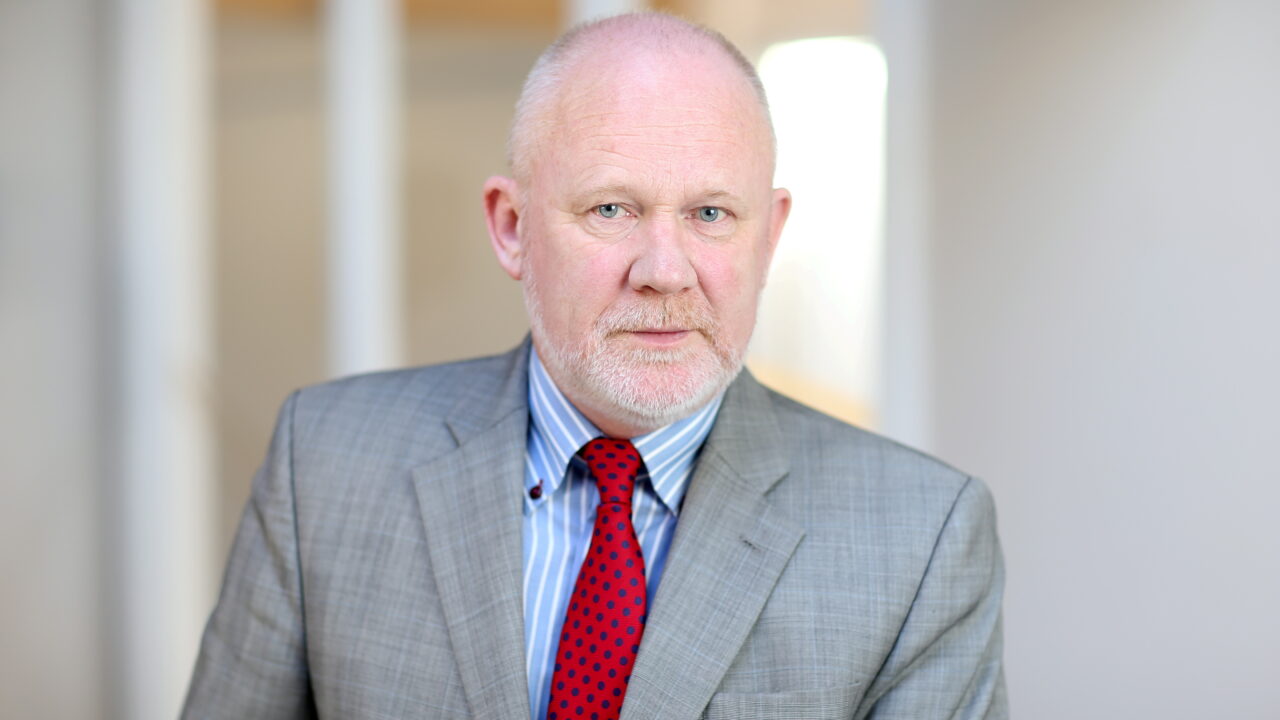Meat Industry Ireland (MII) has said that on behalf of its member companies, it will actively support the government in driving down agricultural emissions by 25% over the next eight years.
This comes following an announcement from government on Thursday (July 28), that Fianna Fáil, Fine Gael and the Green Party have agreed on a proposed sectoral emissions ceiling of 25% for agriculture.
Chairman of the MII board Phillip Carroll, said that the group understands reaching this target will be particularly difficult for farmers, but added that MII’s members will do all they can to cooperate with the measures that the government outline. He said:
“Our members will continue to do all within their control to assist the transition to a low-carbon economy in the decades ahead.
“The transition that is necessary will lead to significant additional costs for the beef sector, but together with government and our suppliers, we can have a valuable partnership in developing, and implementing programmes to drive down emissions,” he added.
The state’s Climate Action Plan recognises the early finishing of cattle as a key lever in lowering emissions and sets a target to reduce the finishing age from 27 months to 24 months.
Carroll said that MII is confident this can be achieved through a number of measures, including genomic advances and breeding strategies.
The group outlined that genotyping of all calves at birth should be standard practice by 2025. This, combined with “other well-developed breeding techniques” will mean animals reach market specifications at a younger age which will improve sustainability at farm level.
“This will result in reducing some 1.2MT carbon dioxide equivalent by 2030. This would represent a significant portion of the overall emissions reductions target for the agriculture sector,” MII said in a statement.
Recognising the important role that suckler beef plays in the rural economies, MII said it is a “vital component of Ireland’s market and that it must be protected”. Adding:
“It contributes to the livelihoods of 80,000 farmer suppliers and 16,000 employees working in the industry.
“This huge national economic contribution is an essential part of the rural economy and must be preserved.”
Carroll said that these people have developed the agri-food sector and delivered €13.5 billion of high quality food exports to international markets last year. For this reason he said:
Carroll said that these people have been the ones to develop Ireland’s agri-food sector and they mustn’t be forgotten about.
“Targeted government support measures for farmers to assist with this transition should be introduced as a matter of urgency,” he said.
He concluded by saying that the emission ceiling can be achieved through a joint effort and engagement between government and stakeholders must be prioritised.
